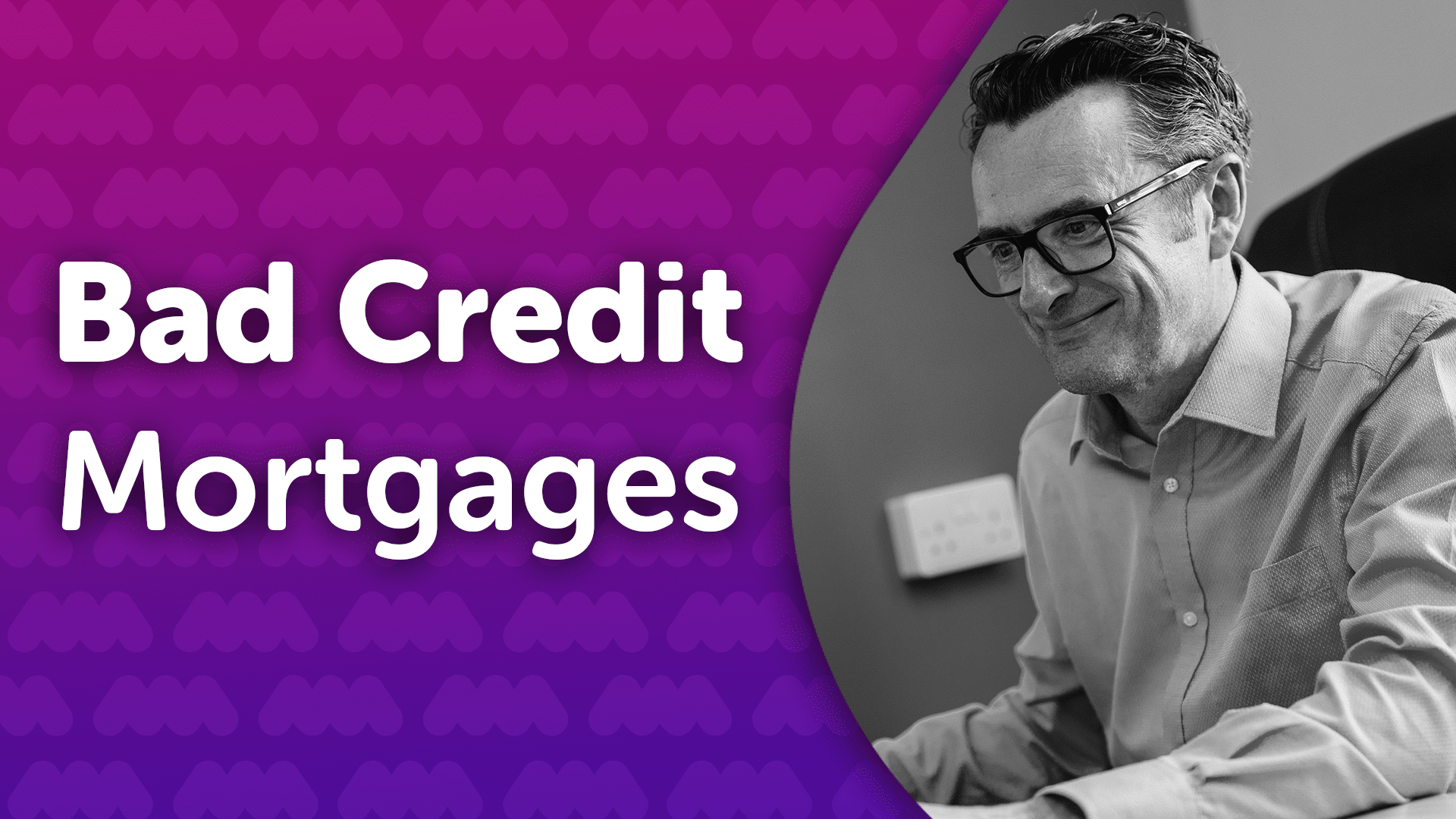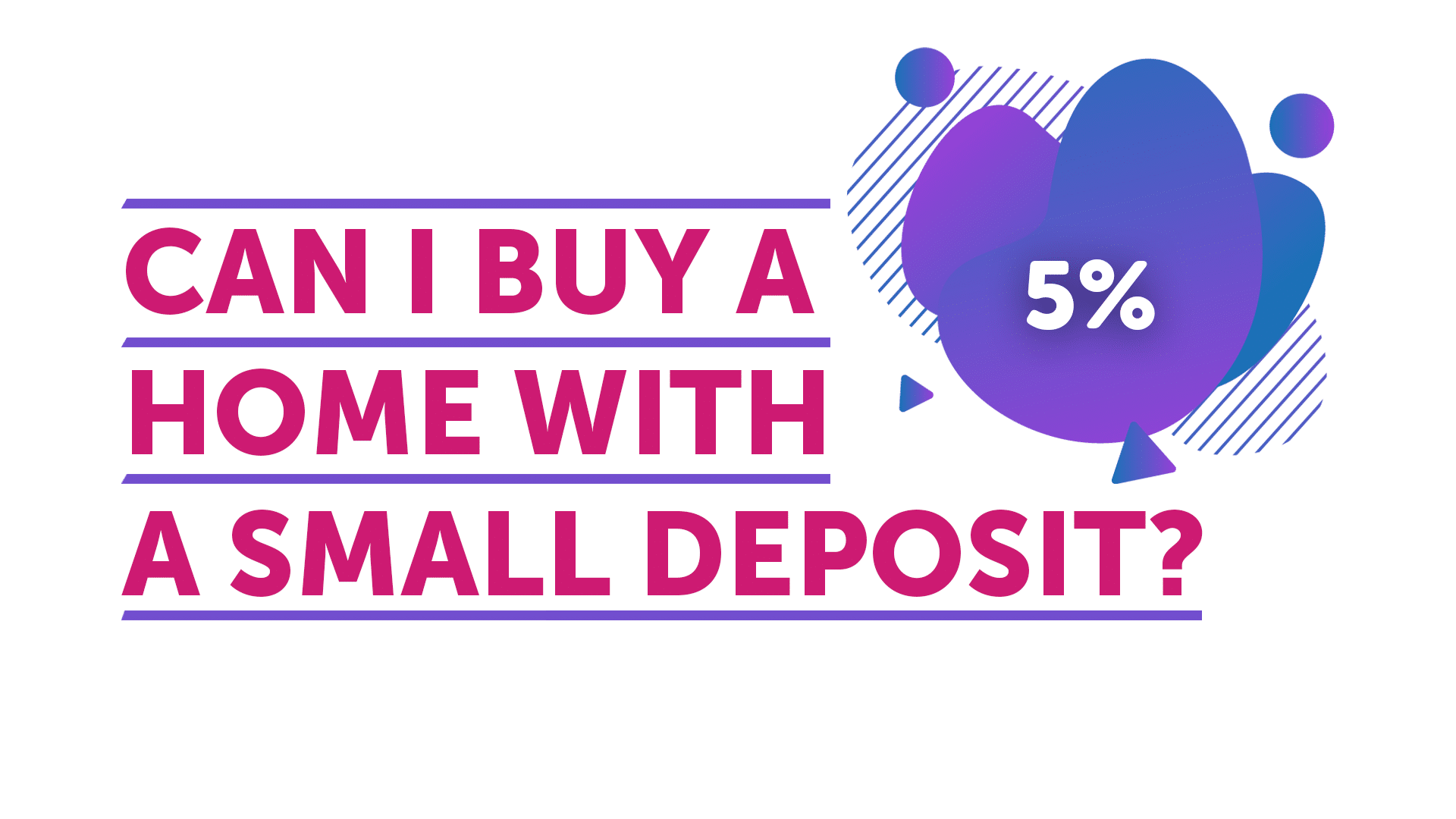First Time Buyer Mortgage Advice in Hull
When we speak to customers for the first time, especially if they are a First Time Buyer in Hull or a Home Mover in Hull, are wondering whether or not they can get a mortgage in the situation they are in, and how much can they borrow for a mortgage.
Modern Day Affordability – How much can you borrow?
In 2014, the Financial Conduct Authority (FCA) launched something called the Mortgage Market Review (MMR). This was a completely brand new way for mortgage lenders to do business, with new guidelines that they had to follow, in order to stop the “Credit Crunch” from happening once again.
The modern way of reviewing a customers credit history, includes looking at your spending habits, going more in-depth in making sure you can afford a mortgage. In the past, it was commonplace to borrow much more than your annual income, which thankfully is no longer the case!
Nowadays you can only borrow a multiple of your annual income, making it much less risky to lend and to borrow. Speaking of income, that’s the biggest factor in determining how much you can borrow. If you are a high earner, you are likely going to be able to borrow more than a lower earner.
Everyone’s situation is different, and those differences can also determine how much you can borrow. Some have childcare costs, student loans, other costly credit commitments. In this case, you will very likely be borrowing less than someone who has the same income, but is without those costs.
Credit history is a big factor in obtaining a mortgage too. Whilst it doesn’t necessarily directly affect the amount you can borrow, applicants with a poor credit score or adverse credit may either be declined altogether, or have to pay more on interest, to cover the risk to the lender.
Because of the interest-rates, you’ll be paying a larger sum per month to the lender. Let’s say your monthly payments are a specific amount, but you can only afford half that amount per month.
This could mean you aren’t able to borrow as much as you would’ve liked, due to a cause and effect of having adverse credit.
Additionally, how a mortgage lender assesses your income could determine how much you can borrow. Some will see something like pension contributions as a fixed outgoing, so may lend less to an applicant than another lender might, who wouldn’t factor in that outgoing into their assessment.
There’s a lot that goes into assessing affordability, as each mortgage lender will have their own unique lending criteria. You might have a good deposit and sufficient income, and still find that one lender may lend less than another, purely down to the smallest factor.
As a mortgage broker in Hull, we are able to take a look at your case and determine what you may be able to afford, prior to speaking with a lender. We’ll search through thousands of deals, matching your criteria up with the most appropriate product.
Why did the mortgage market review happen?
Taking a Look Back at The 1990’s
Whilst it’s helpful to take a look at how things are now, it’s also important to understand why they are like this now. In the 90’s, before credit scoring existed, mortgage applications would be manually underwritten.
This meant that the process of approving a mortgage wasn’t based on a streamlined, near foolproof algorithm on a computer, as it was instead looked at by real people, at their own discretion.
It was quite easy to just book an appointment with a bank or building society, sitting down with the manager and discussing your mortgage case. From there it would more or less be a sales pitch, in which they would push a savings account until you’re “creditworthy”.
From this point, you would be granted the previous equivalent of an Agreement in Principle, as well as mortgage advice regarding the amount you were able to borrow. This might sound personalised, straightforward, easy… Perhaps too easy.
The reason it was as such, was down to it once again, being that person’s discretion. The manager of that establishment could interpret the lending manual in any way that they saw fit.
What this means is not only were a lot of wrong decisions made, but you could have walked into any bank or building society branch, anywhere in the country, and received a different outcome each time.
To stop this from being the case and to cut unnecessary costs, mortgage lenders opted to use automated affordability. This meant that instead of the bank manager choosing your affordability and maximum borrowing, you were now only limited to a multiple of your annual income.
What Happened in The 2000’s
Skipping ahead to the early 2000’s, mortgage lending got a little too relaxed. Automated affordability checks were still in place, but these mortgage lenders were allowing customers to self-certify for a mortgage.
Self-certification was where an applicant can sign a document to self-certify their earnings, without having to provide evidential documents, such as payslips or tax returns.
Not only this, but mortgage lenders were also allowing for 100-125% loan-to-value mortgages, meaning not only were you self-certifying your income (sometimes with a falsely inflated figure), but you were also borrowing much more than the property itself was worth.
As you can probably expect from this information, or as you may have even experienced during 2007-2008, the economy crashed and we entered the infamous “Credit Crunch”. The years following, especially between 2008-2010, were very challenging indeed.
These challenges extended to the home buying market too, as people attempting to get onto the property ladder for the first time, found it near impossible to do so.
Mortgage lenders had to change, their lending habits had to change, strict criteria needed to be put in place to fix the mess that had been made. As such, the government introduced the Mortgage Market Review in 2014 that we mentioned earlier, and the market eventually recovered.
How can a Mortgage Advisor in Hull help?
As an open & honest mortgage broker in Hull, we believe you will benefit from our expert mortgage advice service, especially if you are a first time buyer in Hull.
We pride ourselves on helping customers find their footing on the property ladder. We can search through 1000’s of mortgage deals, reviewing your case against lender criteria, finding the best one for your circumstances.
To learn more about how much you may be able to borrow, or to get started on your mortgage journey, book a free mortgage appointment online today using our online booking feature. A trusted and dedicated mortgage advisor in Hull will review your case and answer all of your mortgage questions as best as they can.
Date Last Edited: 09/28/2023















